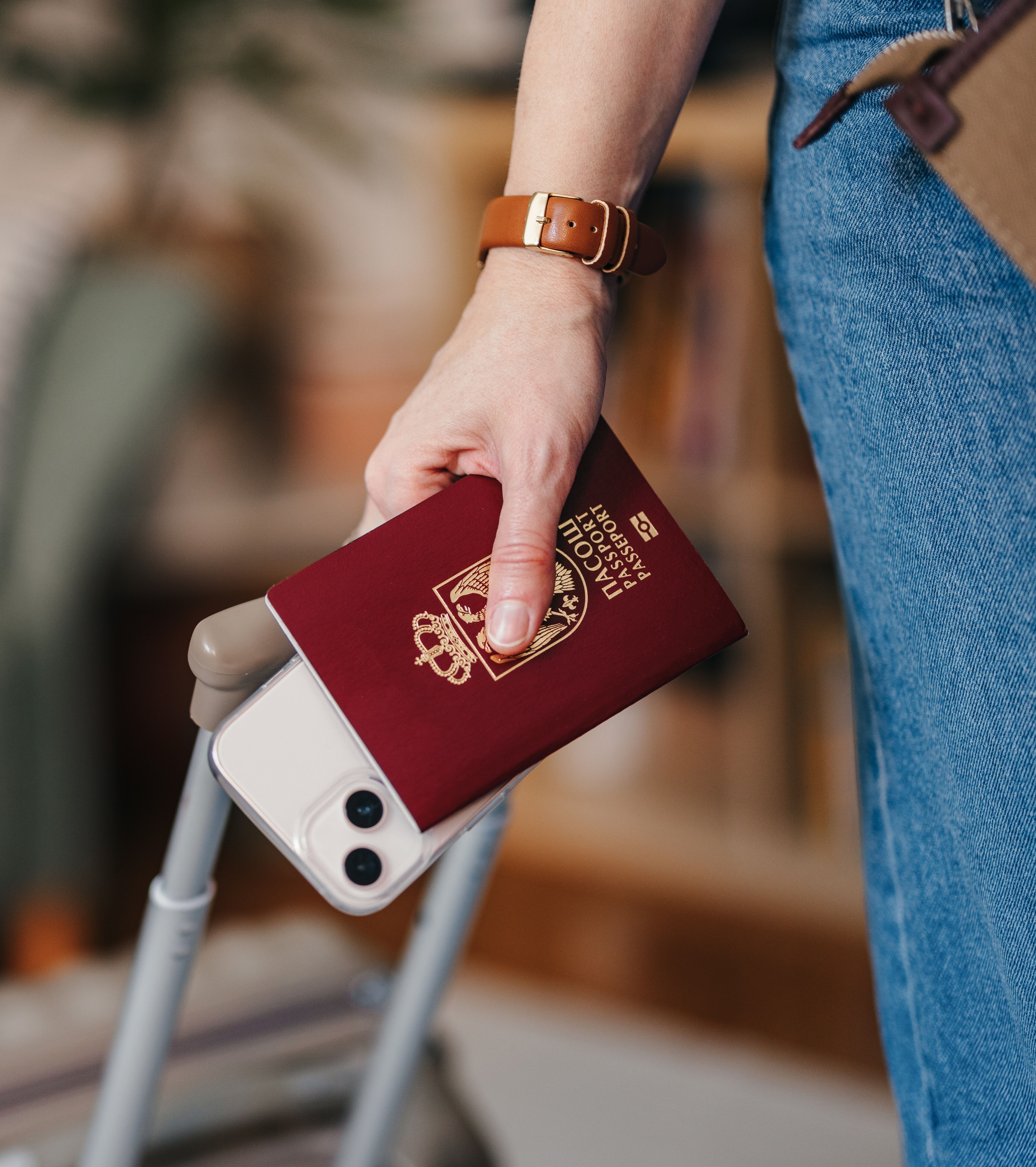
Switzerland Get to know the visa process
Type of stay
Not sure what you’ll need? Explore the typical requirements for each Swiss visa we assist with.
What you typically need
- A valid travel document
- An ICAO-compliant ID photo
- Proof of your itinerary and accommodation
- Evidence of sufficient financial resources and your intent to return home at the end of your trip
- Travel medical insurance for the full duration of your stay
Check the Swiss Federal Department of Foreign Affairs (FDFA) website for the full list of requirements.

What you typically need
- A valid travel document
- An ICAO-compliant ID photo
- Proof of your itinerary and accommodation
- An invitation letter from a Swiss company, or confirmation of a conference / trade fair registration
- Travel medical insurance for the full duration of your stay
- Evidence of your intention to return home at the end of your trip
Check the Swiss Federal Department of Foreign Affairs (FDFA) website for the full list of requirements.

What you typically need
- A valid travel document
- An ICAO-compliant ID photo
- Proof of enrolment in a course or programme
- Evidence of sufficient financial resources
- Proof of accommodation
- Travel medical insurance for the full duration of your stay
For studies of more than 90 days, you will also need:
- A curriculum vitae
- Certificates of previous diplomas
- A motivation letter outlining the purpose and duration of your studies
Check the Swiss Federal Department of Foreign Affairs (FDFA) website for the full list of requirements.
